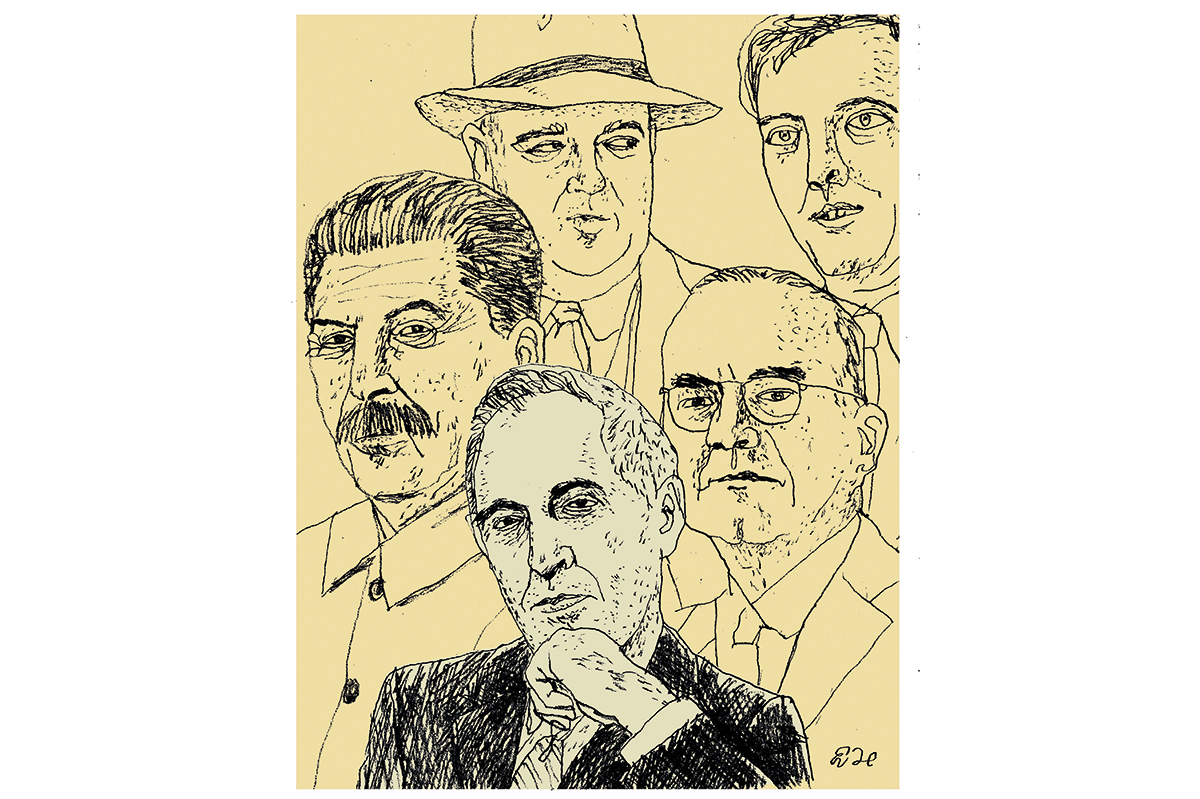Lisa Taddeo’s Three Women established her as a narrator of female desire in all its complexity. Her study of three real women and their sexual choices became a bestseller on both sides of the Atlantic, showing how women sometimes collude in relationships that are destructive, or make decisions they later regret. Power imbalance, coercion and past trauma as well as lust were distilled in the essence of their desires.
Of course, sexual relationships can be complex for both sexes, but Taddeo’s project repudiated the easy 1990s British stereotypes of “ladettes” as being replicas of sex-without-ties lads. Animal, her fiction follow-up, depicted the raw anger and vengeance that loss and frustration may beget.
Ghost Lover is largely made up of stories previously published in American magazines. Some of the women in them have echoes of Taddeo herself in that they have lost a beloved Italian-American father young, then their mother. Several seek anesthesia of the soul in casual sex. Once again, these women are complicit in the bad behavior of men who subsequently damage them more. They tend to judge themselves not on intelligence or kindness but on slimness and beauty, so it’s difficult to find here the loving, nurturing female friendships that most real women hold dear. The barbed wire of competitiveness and critical ties cut the flesh, and the women seek to numb the pain with more rollercoaster sex.
The stories will chime, albeit uneasily, with those who have had bruising encounters with disingenuous, exploitative men and frenemies. Obsession, social-media stalking and mistaking sex for love are all sadly present in modern dating.
In “The One and Only,” angry, wealthy Ari exerts control in the only way she can: through small acts of sadism towards women she envies. But she has been the victim of abuse as a child; although the “Ghost Lover” of the book’s title is a coquettish, coy app she has devised, it’s also the fear that’s always with her. Taddeo doesn’t justify Ari’s behavior but demonstrates Auden’s aphorism: “Those to whom evil is done, do evil in return.”
There are a few inaccuracies: it’s polycystics whose hormones predispose to plumpness, not endometriotics, while “herpetic” doesn’t work to describe a fever. And occasionally the sardonic wisecracks create a barrier to accessing true emotion. But these are devastating stories of women’s pain, loss and compensatory behavior. Taddeo is the twenty-first century’s more excoriating Edna O’Brien.
This article was originally published in The Spectator’s UK magazine. Subscribe to the World edition here.

























